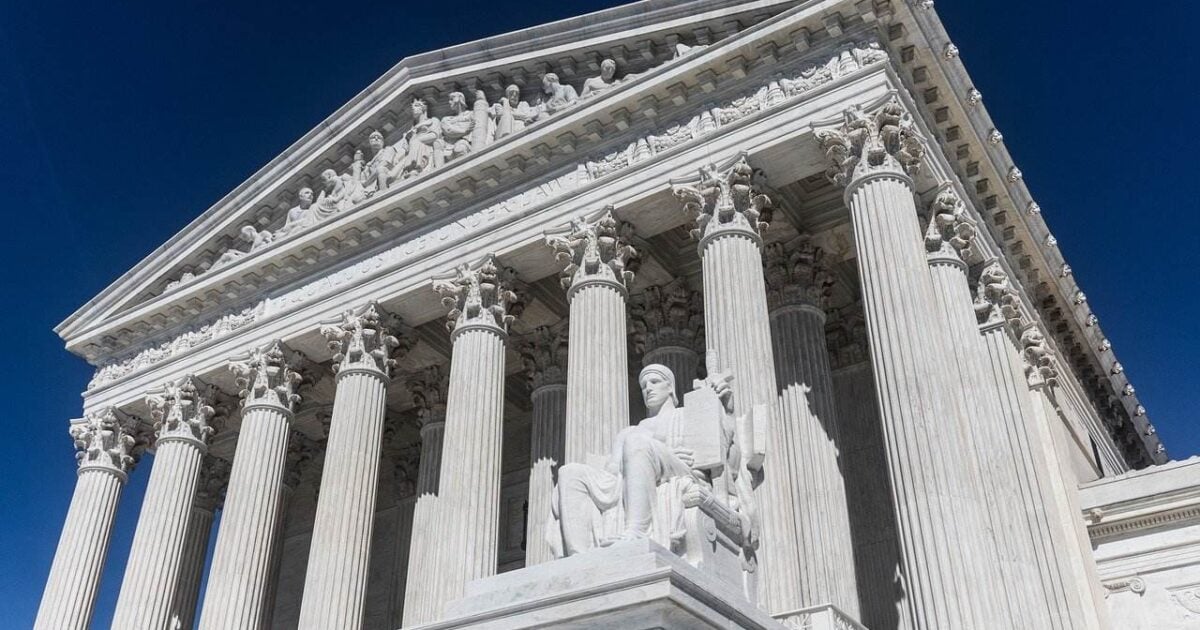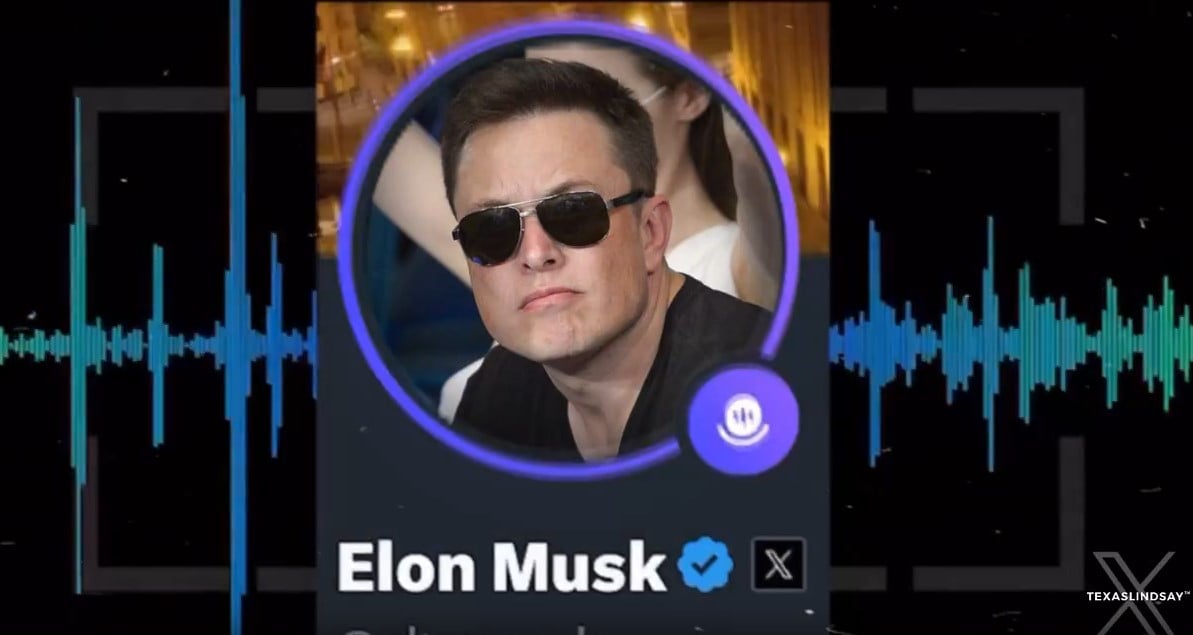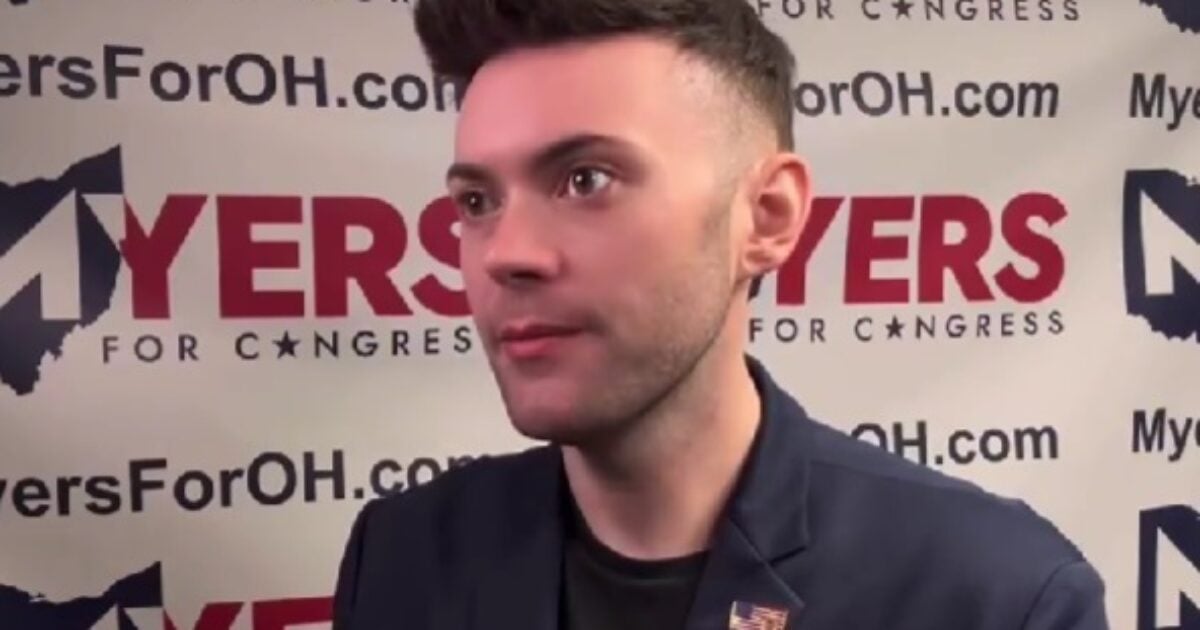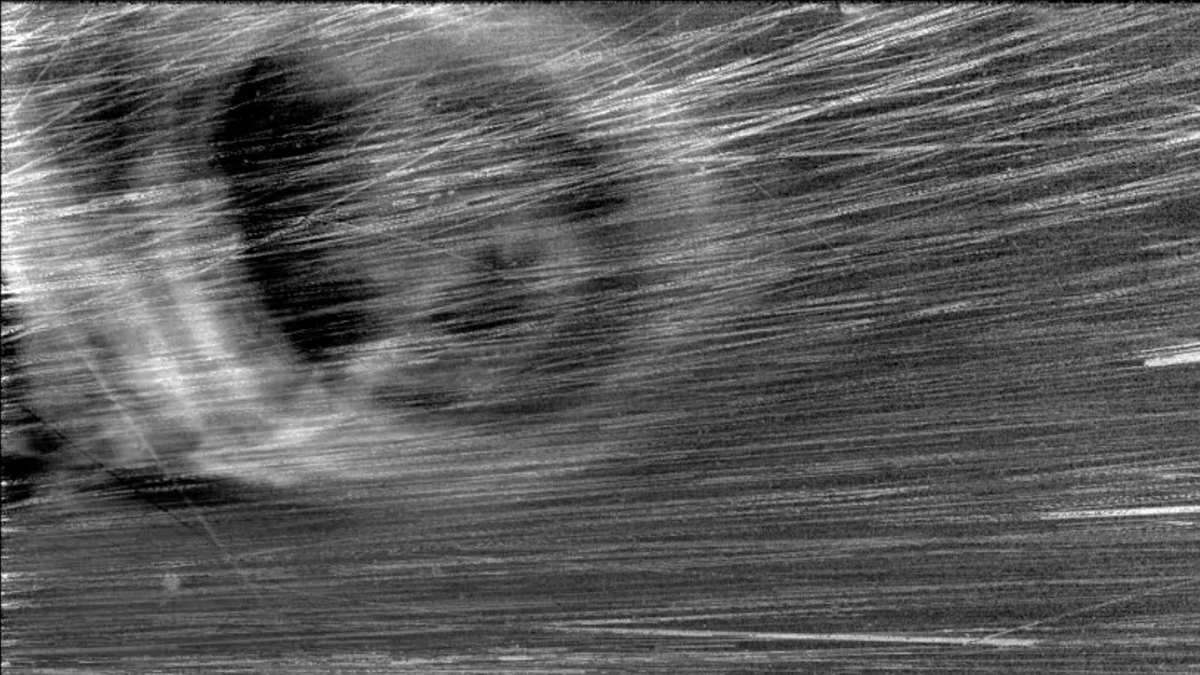The National Constitutional Law Union and Presidential Immunity
The National Constitutional Law Union (“NCLU”), established by John Pierce, recently presented an amicus curiae brief to the Supreme Court in support of Petitioner, Donald Trump, regarding the President’s immunity case. The NCLU advocates for the concept of absolute presidential immunity, emphasizing a robust interpretation of the unitary executive theory that recognizes the Vesting Clause of Article II.
The Vesting Clause delegates executive power exclusively to the President of the United States and not to any other governmental position, reinforcing the notion of absolute executive authority residing solely in the President.
A Historical Perspective
The NCLU’s argument finds substantial grounding in the writings of Alexander Hamilton, a prominent Founding Father and a significant influence in the ratification of the Constitution. The Federalist Papers, penned by Hamilton to enlighten New York citizens about the Constitution, have served as an enduring point of reference for legal professionals and judges.
Hamilton’s advocacy for presidential immunity permeates various articles in The Federalist Papers, particularly addressing the fundamental principles guiding the interpretation of the Constitution based on its original intent. The evolution and adoption of this wisdom, underscored by late Justice Antonin Scalia, reveal the enduring influence of The Federalist Papers in contemporary legal discourse.
Legal Precedents and Immunity
In addition to historical documentation, the NCLU brief highlights longstanding Supreme Court decisions reinforcing the concept of presidential immunity in matters of executive action. Landmark cases such as Marbury v. Madison and Nixon v. Fitzgerald elucidate the jurisprudential tradition supporting presidential immunity from judicial scrutiny in the performance of official duties.
President Trump’s involvement in investigating alleged election irregularities aligns with his constitutional duty to uphold election laws outlined in the Take Care Clause of Article II. By scrutinizing election processes for integrity, the President fulfilled his obligation to ensure lawfulness, a critical facet of his executive responsibilities.
Constitutional Duty and Legal Challenges
The scrutiny of President Trump’s actions post-election, particularly his efforts to address electoral concerns, raises pertinent questions concerning the scope of presidential immunity and accountability. The NCLU underscores that the legal framework, combined with historical practice, supports the President’s actions as valid and within the bounds of his executive authority.
The elevation of these issues beyond mere legal considerations underscores the broader implications for American democracy and the constitutional framework. The NCLU’s brief underscores the fundamental significance of this case, urging the Supreme Court to uphold the principles of presidential immunity essential for maintaining the integrity of the executive branch.
In a pivotal moment where the rule of law, constitutional interpretation, and the future of American democracy converge, the decision on President Trump’s immunity resonates as a critical juncture in safeguarding the nation’s foundational principles.
Image/Photo credit: source url





